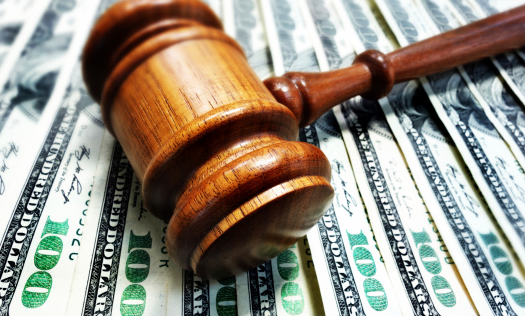Accidents and Injuries: How To Know When You Should File A Lawsuit

Accidents happen all the time – at work, on the road, and in the home. When serious injuries or death occurs, the victim or surviving loved ones may try to hold someone legally responsible. But how do you know when to file a lawsuit? The following tips may help.
The victim who pounds his thumb with the hammer while hanging a picture on the wall may want to blame the nail manufacturer for making nails too short for the hammer head to easily hit. Of course this sounds absurd, but there are many other similar frivolous lawsuits because injured people want to blame someone or be compensated.
From a legal standpoint, some type of serious loss must be sustained. It might be the cost of a trip to the ER to be checked out after falling off a ladder. On the other hand, the loss could be a broken arm that keeps a person away from her regular job and costs her several days of pay. Usually the loss involves a measurable inconvenience or financial cost, as well as intangible pain and suffering. In some cases, loss of companionship can be considered as well. If no serious loss occurs, there may not be a basis for litigation.

When an accident or injury occurs, sometimes it is no one’s fault. We trip on the sidewalk or get distracted while driving and hit the curb, which are fairly common incidents that are not generally blamed on outside entities.
But occasionally someone gets hurts because of another person’s negligence. You might trip over a neighbor’s rake left on your lawn that you didn’t know about. You trip and twist your ankle, and end up on crutches for a couple of weeks, losing income from your job while paying the resulting medical bills. Your neighbor might be held accountable, depending on why or how the rake was left on your property.
More clear-cut cases involve a bad driver’s maneuvers that cause a collision or a doctor’s careless treatment of a patient’s condition. Situations like these can usually be documented to show whether or not someone did not do what they were supposed to do, resulting in another person’s harm or loss.
Occasionally it can be difficult to know whether a lawsuit should be filed. At that point it is best to consult a personal injury lawyer like those at Yearwood & Company for legal information and advice.
